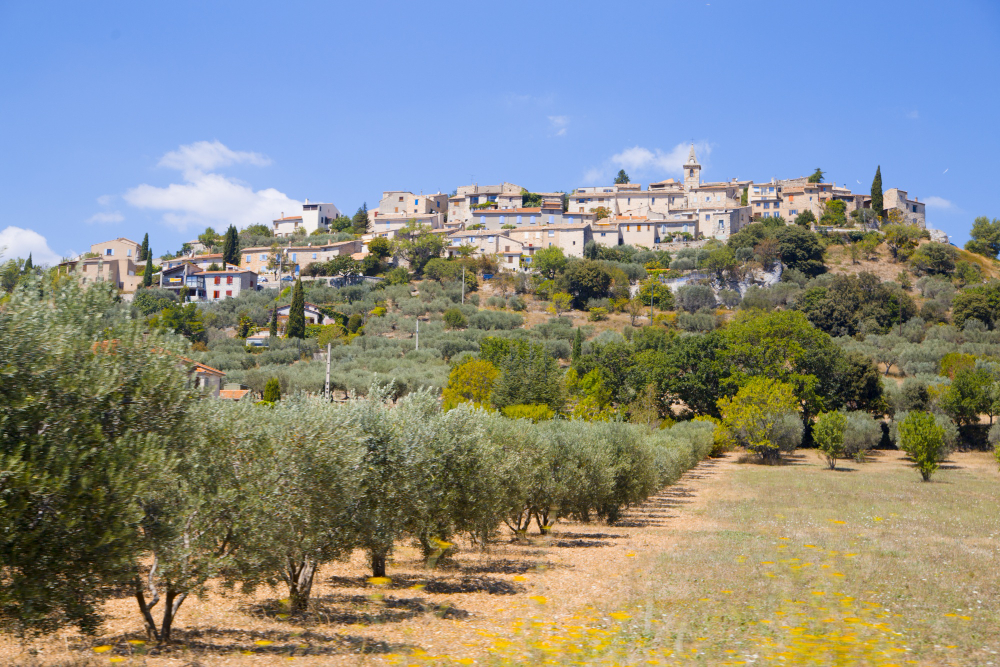Spain is one of the largest producers of olive oil in the world. The country is home to numerous olive trees, and the mild climate and abundant sunshine in many parts of Spain are well-suited for olive production. The country’s long history of olive cultivation dates back to ancient times, and olive oil has long been an important part of Spanish cuisine and culture. Spain is the largest producer of olive oil in the world by volume, and it exports olive oil to many countries around the globe. The main olive-growing regions in Spain are Andalusia, Castilla-La Mancha, and Catalonia, but olives are grown in many other parts of the country as well.
The Olive Oil Production Process
There are several steps involved in the production of olive oil. First, the olives are harvested, either by hand or using a machine. The olives are then cleaned to remove any dirt or debris. Next, the olives are ground into a paste using a mill. The paste is then placed on a flat surface, and a large weight is placed on top of it to extract the oil. This method, known as “cold pressing,” is the traditional method of producing olive oil and is still used by some producers today.
Alternatively, the olives can be processed using a method called “solvent extraction.” In this method, the olives are ground into a fine paste and mixed with a solvent, such as hexane, to extract the oil. The oil is then separated from the solvent and any other impurities using a centrifuge.
After the oil is extracted, it is filtered to remove any remaining solids and then bottled or stored in tanks for further processing or packaging. The process of producing olive oil can vary depending on the type of olives being used, the equipment being used, and the desired end product.
Exporting Olive Oil from Spain
The olive oil must meet the quality standards and regulations of the country to which it is being exported. This may include obtaining certifications or meeting specific labeling requirements.
Next, the olive oil must be packaged in a way that meets the regulations of the importing country. This may include using specific types of containers or labeling the packaging in a certain way.
Once the olive oil has been packaged and is ready for export, the exporter must arrange for transportation to the importing country. This may involve shipping the olive oil by sea, air, or land.
The exporter must also be aware of any tariffs or taxes that may be imposed on the olive oil when it is imported into the destination country. They may need to pay these fees or arrange for them to be paid by the importer.
Finally, the exporter must ensure that they have all the necessary documentation, such as a commercial invoice and a certificate of origin, to complete the export process. This documentation will be required by customs officials in both the exporting and importing countries to ensure that the olive oil is properly taxed and regulated.
What are the benefits of Olive Oil?
Olive oil is a good source of monounsaturated fat, which has been shown to have a number of health benefits. Some of the potential health benefits of consuming olive oil include:
- Heart health: Monounsaturated fats like those found in olive oil have been shown to help lower LDL (bad) cholesterol and raise HDL (good) cholesterol, which may help reduce the risk of heart disease.
- Blood sugar control: Some studies have found that consuming olive oil may help improve blood sugar control in people with diabetes.
- Weight management: While all fats are high in calories, the type of fat in olive oil may be less likely to be stored as body fat than other types of fat.
- Anti-inflammatory effects: Olive oil contains antioxidants and anti-inflammatory compounds, which may help reduce inflammation in the body.
- Cancer prevention: Some research suggests that the antioxidants in olive oil may help reduce the risk of certain types of cancer, such as breast cancer.
It’s important to note that while olive oil may have potential health benefits, it should still be consumed in moderation as part of a balanced diet.
Where can you buy Olive Oil?
Olive oil is widely available for purchase in many places. You can buy olive oil at supermarkets, grocery stores, specialty food stores, and online. Some common places to buy olive oil include:
- Supermarkets: Many supermarkets carry a wide range of olive oils, including both domestic and imported brands. You can usually find olive oil in the cooking oil section of the store.
- Grocery stores: Grocery stores often carry a variety of olive oils, and you can usually find them in the cooking oil section or in the international foods aisle.
- Specialty food stores: Specialty food stores, such as gourmet or natural food stores, often carry a wider range of olive oils, including more specialized or high-end options.
- Online: You can buy olive oil online from a variety of retailers, including specialty food stores, grocery stores, and direct from manufacturers. Online shopping allows you to compare prices and read reviews from other customers to help you choose the best olive oil for your needs.
You can also purchase olive oil directly from olive oil producers or at farmers markets, where it may be sold in bulk or in smaller bottles.



